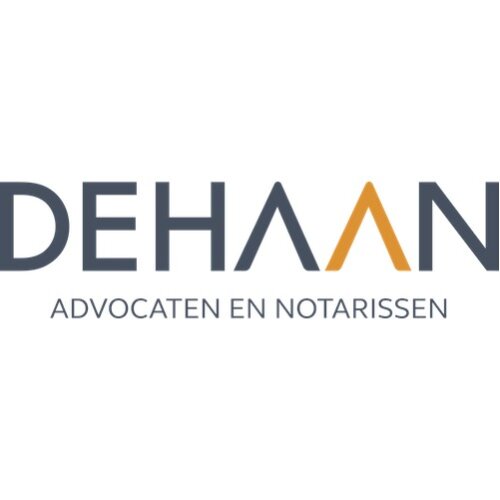Best Trusts Lawyers in Groningen
Share your needs with us, get contacted by law firms.
Free. Takes 2 min.
List of the best lawyers in Groningen, Netherlands
About Trusts Law in Groningen, Netherlands
The concept of establishing trusts, as it is known in common law countries like the United States and the United Kingdom, does not exist in the same form in the Netherlands, including Groningen. Instead, the Netherlands observes what is termed as the 'entity theory', where the legal relations concerning assets and liabilities are subjected to Dutch civil law. However, foreign trusts recognized in international private law can operate in the Netherlands.
Why You May Need a Lawyer
Even though the Netherlands does not have a traditional trust law, involving a legal expert is vital when dealing with international private law, managing assets, and clarifying liabilities. Lawyers can guide you through the complexities of Dutch or foreign law and interpret how it applies to your situation. There may be issues regarding inheritance, tax obligations, and property management that require legal understanding and expertise.
Local Laws Overview
While Dutch law does not provide for trusts, it does recognize trusts established under foreign law, provided that the trust has a legitimate purpose. The Netherlands' 'The Hague Trust Convention' Act recognizes and defines the effects of a foreign trust's operation on Dutch soil. Dutch law also regulates 'stichting,' a type of Dutch foundation that bears certain resemblances to a trust. Gift and inheritance tax apply to trusts, and there can be income tax implications, as well.
Frequently Asked Questions
Can I set up a trust in Groningen, Netherlands?
Directly setting up a trust under Dutch law is not possible since the concept of trusts does not exist in Dutch Civil Law. However, a foreign trust can operate in the Netherlands under specific conditions.
How are trusts taxed in the Netherlands?
While Dutch tax law does not provide for trusts, it stipulates that trusts are subject to gift, inheritance, and income tax. The owner of the trust's assets is deemed to be the taxpayer for Dutch tax purposes.
Is it possible to set up a similar entity in the Netherlands?
The Dutch law provides for 'Stichting,' a type of foundation that can operate similarly to a trust.
What is the 'Hague Trust Convention' Act?
This act defines the effects of a trust's operation under foreign law on Dutch soil.
Do I need a lawyer to manage a trust in Groningen?
Given the complexities of Dutch and international private law, it is advisable to consult with a lawyer when dealing with matters relating to trusts and 'Stichting.'
Additional Resources
For further information about Dutch law, including specific legislation concerning trusts: - The website of Dutch Tax Administration provides important information about the taxation of trusts. - The Netherlands' Ministry of Justice and Security provides detailed legal resources and updates on existing Dutch law. - The Government of the Netherlands website provides a broad overview of Dutch law.
Next Steps
If you need legal assistance with a trust or similar entities under Dutch law, seek professional advice from a legal practitioner skilled in either Dutch Civil Law or International Private Law. They can guide you on the best practices, compliance, taxation, and manage the legalities of operating a foreign trust in the Netherlands or a 'Stichting.'
Lawzana helps you find the best lawyers and law firms in Groningen through a curated and pre-screened list of qualified legal professionals. Our platform offers rankings and detailed profiles of attorneys and law firms, allowing you to compare based on practice areas, including Trusts, experience, and client feedback.
Each profile includes a description of the firm's areas of practice, client reviews, team members and partners, year of establishment, spoken languages, office locations, contact information, social media presence, and any published articles or resources. Most firms on our platform speak English and are experienced in both local and international legal matters.
Get a quote from top-rated law firms in Groningen, Netherlands — quickly, securely, and without unnecessary hassle.
Disclaimer:
The information provided on this page is for general informational purposes only and does not constitute legal advice. While we strive to ensure the accuracy and relevance of the content, legal information may change over time, and interpretations of the law can vary. You should always consult with a qualified legal professional for advice specific to your situation.
We disclaim all liability for actions taken or not taken based on the content of this page. If you believe any information is incorrect or outdated, please contact us, and we will review and update it where appropriate.









